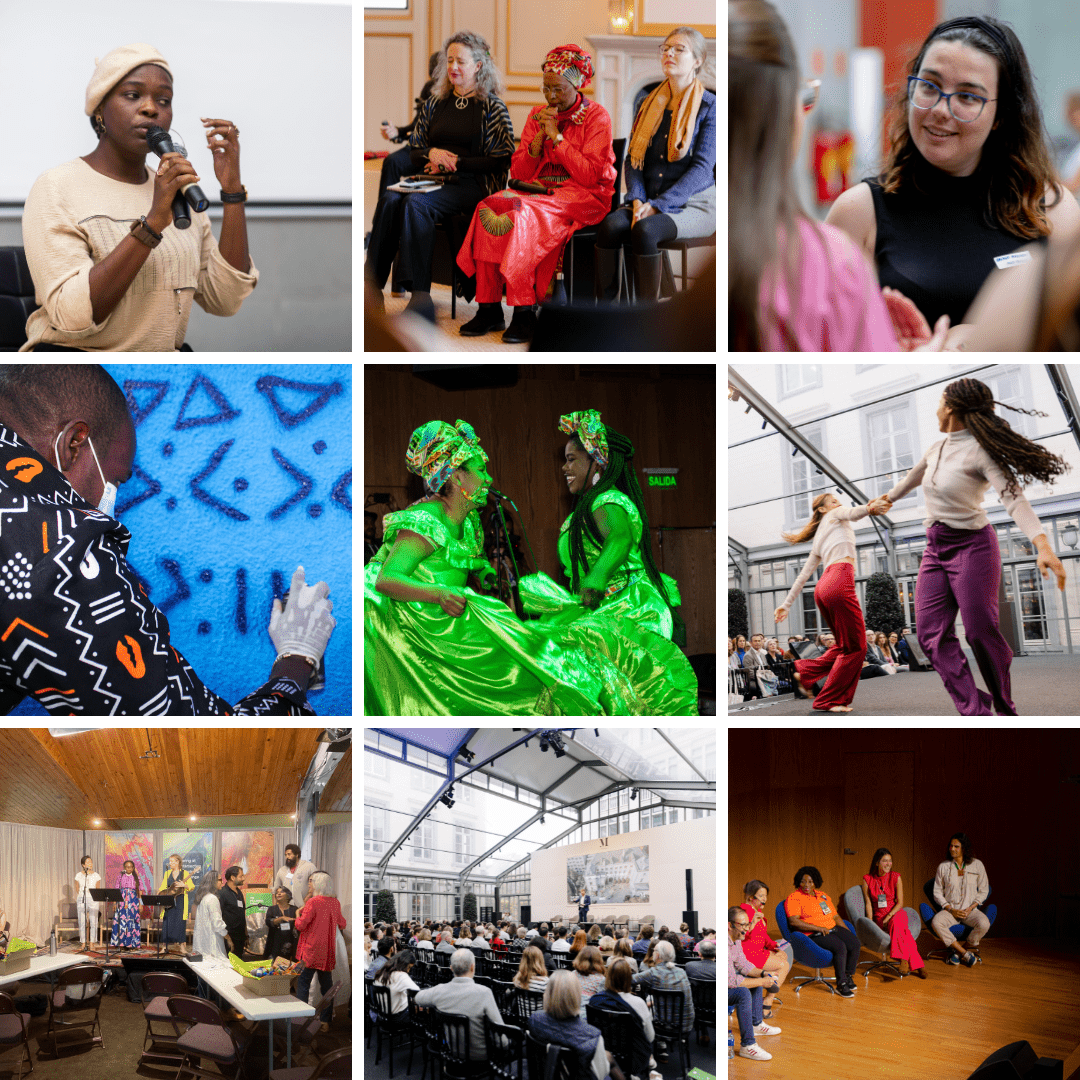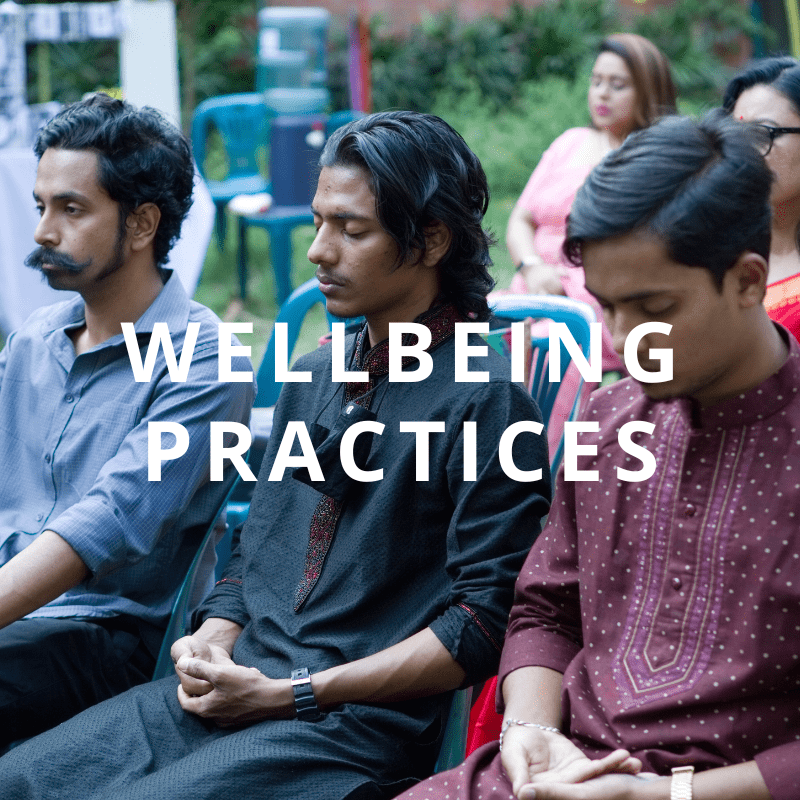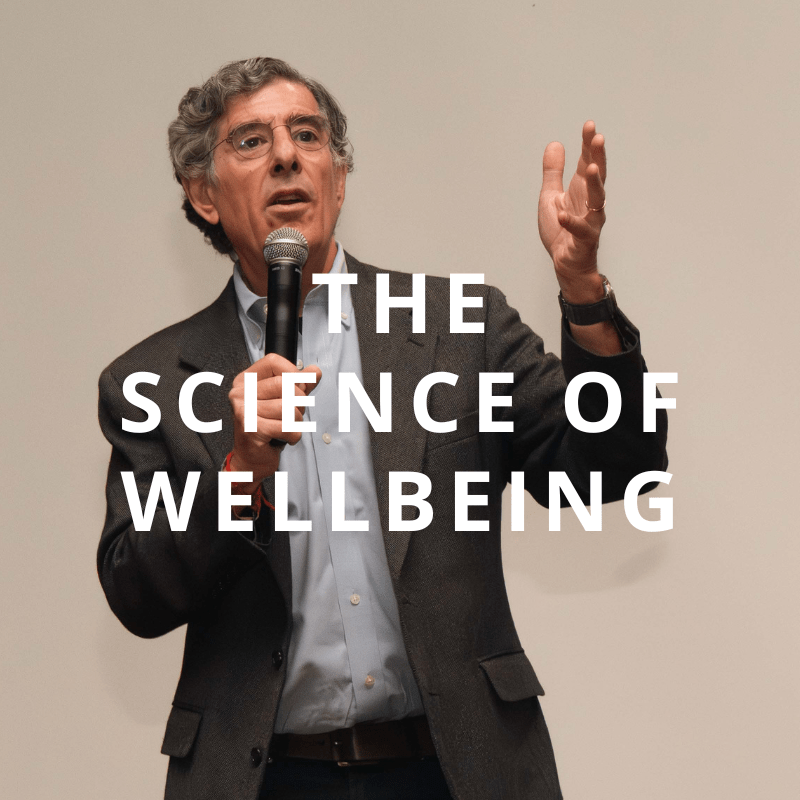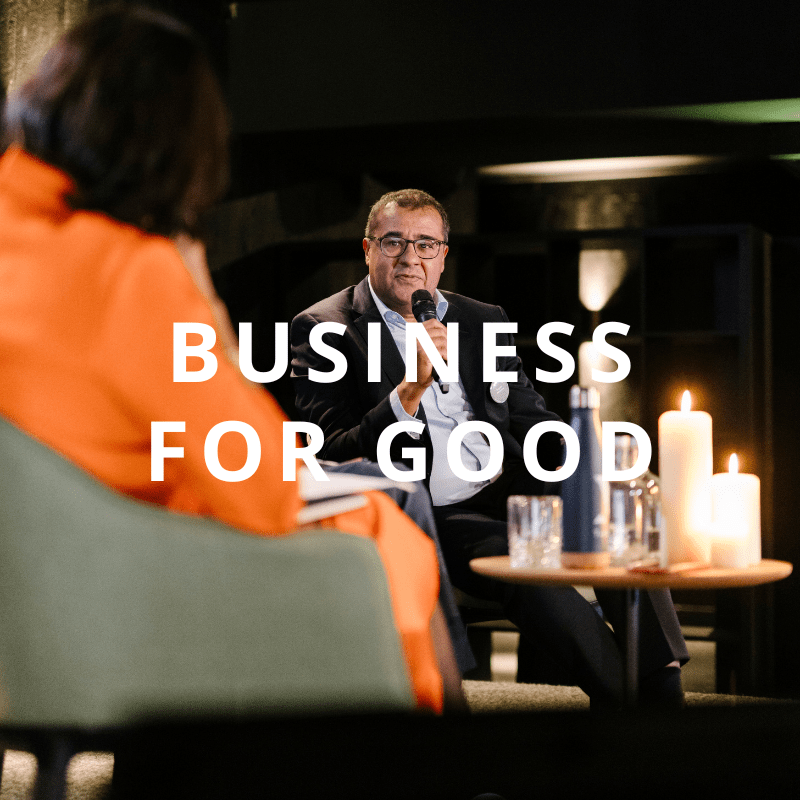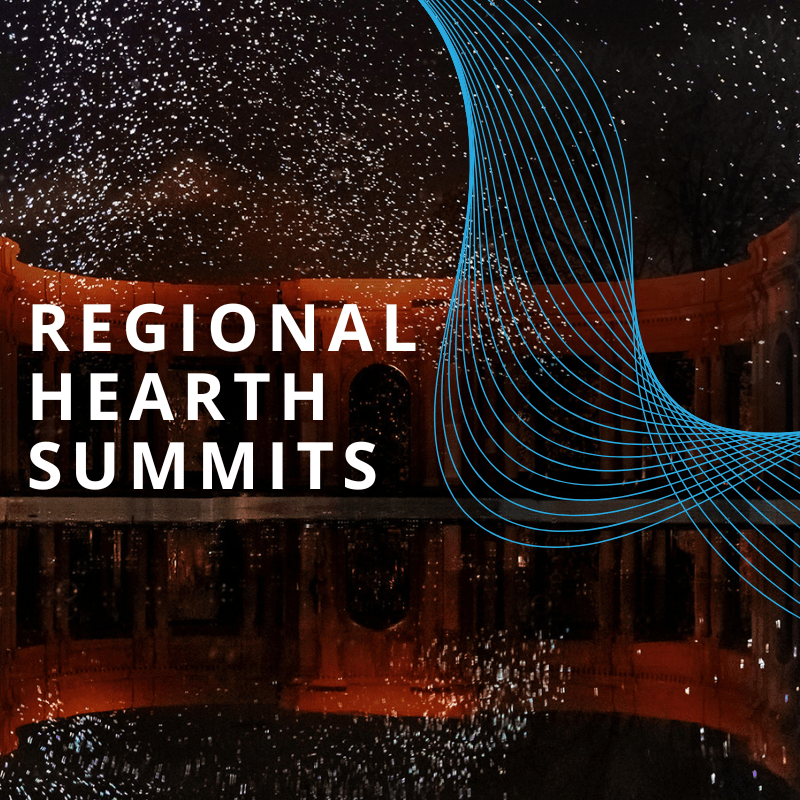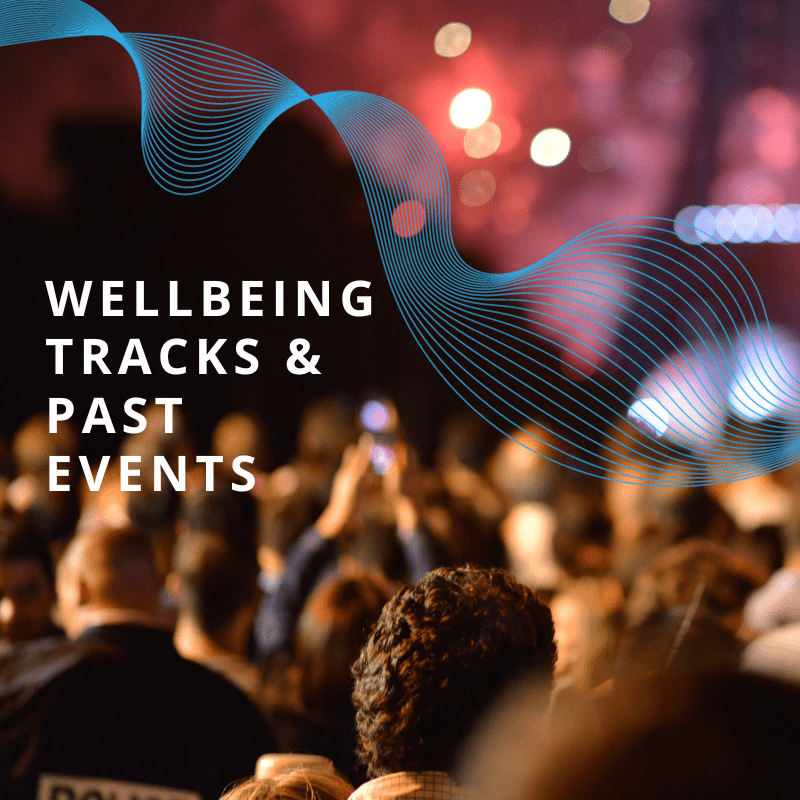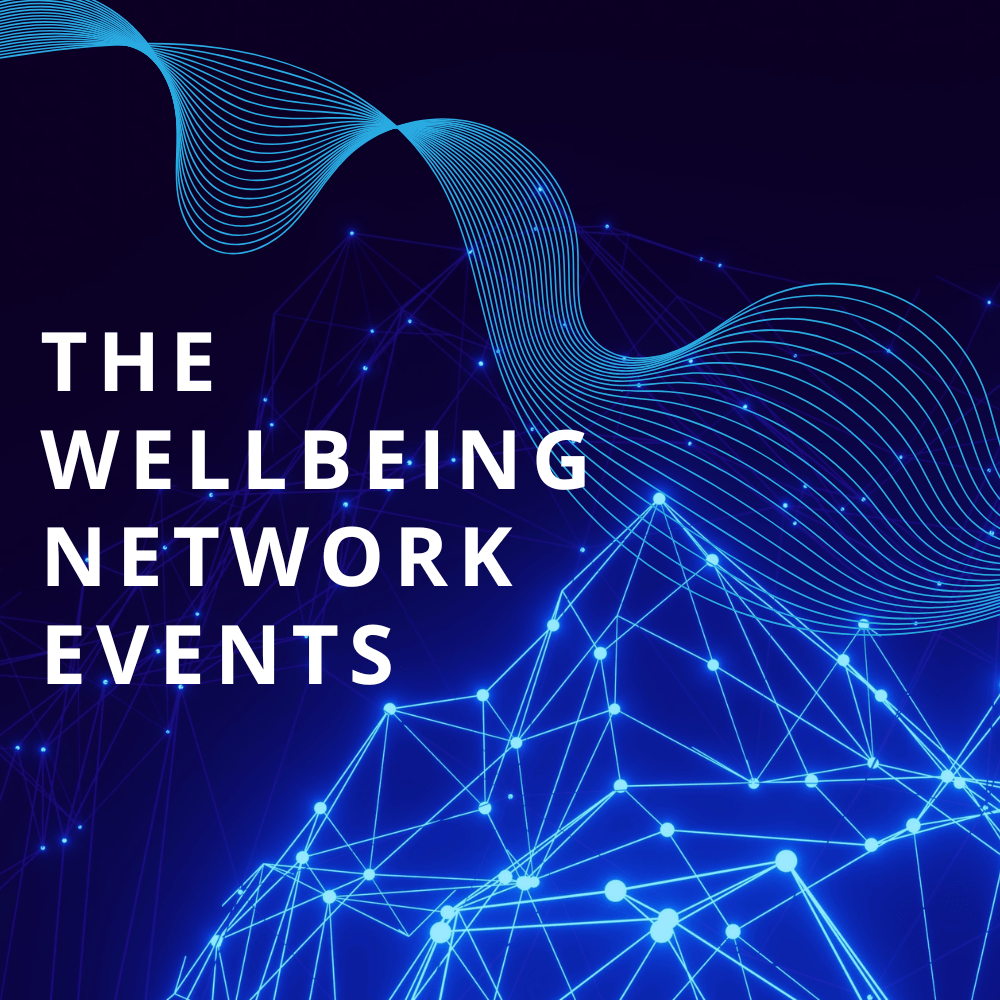
TWBS Bogotá
Regional Wellbeing Summits

WHEN
September 13 – 16, 2023
WHERE
Universidad De La Salle
LANGUAGE
Hosted in Spanish
ABOUT THE SUMMIT
“Towards a new consciousness of wellbeing in Ibero-America”
The Wellbeing Summit Bogotá – the first event in Latin America to focus on wellbeing for social change – was a unique experience for changemakers in Ibero-America, unlocking a new consciousness around wellbeing and social change. Over three days, participants explored how to improve their own wellbeing and that of their communities and environments. With transformative experiences including workshops, immersions, ancestral practices, and artistic presentations, participants were empowered to understand their role in social change as they learned practices to improve emotional, cognitive, social, cultural and planetary wellbeing. The Wellbeing Summit Bogotá encouraged changemakers inspire, learn and innovate with one another – and to craft solutions to problems that encompass the entire world.
The Wellbeing Summit Bogotá explore important topics for changemakers in Ibero-America such as:
- Inner wellbeing practices such as Cognitively Based Compassion Therapy, meditation, and ancestral wellbeing rituals and traditions
- Physical health, nutrition, neuroscience, and mental health
- Intergenerational trauma in Latin American and Caribbean communities
- Migration, trauma, grief, and loss in Latin America
- Youth mental health and empowering young changemakers
- Organisational wellbeing for businesses, social enterprises, changemaking organisations, and higher education institutions
- Healing through the arts
SPEAKERS & ARTISTS INCLUDE:
Antonio Briceño * Maestro sabedor, etnia Tikuna * Mayor Juven, etnia Coreguaje * Natalia Suárez * Carlos Eduardo Meneses * Mar Cabra * Dr. Richard J. Davidson * Ishmael Cala * Ricardo Silva * Piedad Bonnett * Camilo Hoyos * Dr. José Manuel Roche * Mireya Vargas * Dr. Edgar González-Hernández * Adriana Garza * Veronica Botero * María Paula Navas * Carolina Maduro * Antonio Daza Kulchavita * Eduardo Carvallo * Ana María Aristizabal * Gabriela Arenas de Meneses * Juanita Zerda * Héctor Aristizabal * Fundación Arturo & Enrica Sesana * Alejandro Marius * Salomón Raydán * Diego Bernardini * Jesús Aguais * Lala Lovera * María Adelaida López * Tejedoras de Mampuján* Catalina Cock Duque * Centro Espiritualidad de la Salle (Dharma) * Aldo Civico, Ph.D * Luzette Jaimes * Laura Pastorini (U-lab) * Michelle Arevalo-Carpenter * AFE/U-lab * Rosita Manrique (Liderazgo) * ANDI * Joshua Hammerslag * Sara Zambrano * Nicolás Demellires * Juan Sebastián Hoyos * Dina Buchbinder * Diego Ballesteros (Ancla Life) * Ayam * Mar Cabra (Self-Investigation) * Luis Camargo * Erika Laz * Carolina Maduro * Flor García * Maitena Moreno
The Wellbeing Summit Bogotá Podcast
Join this selection of exciting conversations introducing us to The Wellbeing Summit Bogotá. Follow Camilo Hoyos, Co-Founder of Fundación Gratitud, as he interviews organizers, speakers, and artists involved in the movement and learn about their motivations, expectations, and participations at the Summit.
Don’t miss out on this insider’s look at this groundbreaking event!
The Wellbeing Summit Bogotá
In The News
Experience the advancement of wellbeing in Iberoamerica with our transformative movement. Stay current with our latest news features and witness the journey to the next level.
WITH SPECIAL THANKS TO THESE GENEROUS SPONSORS, FUNDERS, AND PARTNERS
Art Hunter, Ashoka, Brand Marketing Group, Catalyst 2030, Colombia Cuida Colombia, Colsubsidio, Copa Airlines, Fundación Arturo & Enrica Sesana, Fundación Gimnasio Moderno, Latimpacto, Marcas que Enamoran, Movilizatorio, Panta Rhea Foundation, Technoglass, The Self-Investigation, The Wellbeing Project, Tu Consejería, Universidad de la Salle + Utopia, and Universidad Ean + Impacta
CONTACT INFORMATION
For questions and more information about The Wellbeing Summit Bogotá, please contact thewellbeingsummitbogota@gmail.com
CONNECT WITH TWBS BOGOTÁ
Don’t miss a beat! Stay up-to-date with The Wellbeing Summit Bogotá.
Follow and join our journey!
MORE REGIONAL SUMMITS
Discover the Wellbeing Movement in Latin America
Meet and hear stories from the changemakers championing the wellbeing movement in Latin America.














